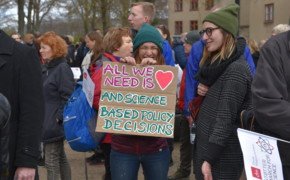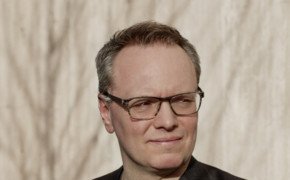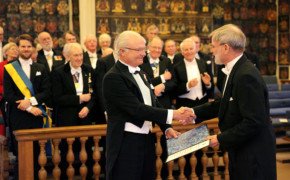Universitetsavisen
Nørregade 10
1165 København K
Tlf: 35 32 28 98 (mon-thurs)
E-mail: uni-avis@adm.ku.dk
Section
All beginnings are hard. This also goes for crowdfunding when you try it out for the first time. Here are 10 tips to make sure your project takes off

UCPH has published a list showing which university researchers have published the most articles in Nature and Science journals and subsidiaries. Eske Willerslev is on the list. But he is far from top spot.

Researchers from the University of Copenhagen get more articles published in the two most important scientific journals Nature and Science than their Nordic colleagues. Does this mean that the University of Copenhagen is the best university in the Nordic region?

The Great Barrier Reef, the world's largest coral reef, is dying. A student from the University of Copenhagen helped document this while on exchange at James Cook University in Australia.

Thousands of people marched for science in Copenhagen when the movement sparked into motion on Saturday 22nd of April in over 500 cities across the globe.

A new Centre of Excellence at the Faculty of Theology will investigate the porous boundary between public and private life.

Dorthe Djernis is doing her PhD on whether mindfulness treatment in a therapeutic garden can reduce stress in students. Her work is based on research showing that nature can heal the sick.

Newly named chairman of the board Mads Krogsgaard Thomsen plans to defend the university’s ability to conduct independent research. For students, he’s promising more opportunity to learn from researchers.

Look up. Play the jazz saxophone. The inspiration can come from the strangest places, says UCPH’s international star lawyer, professor and center director Mikael Rask Madsen.

UCPH classical philologist and Medieval history scholar awarded prestigious Gad Rausing Prize last month
